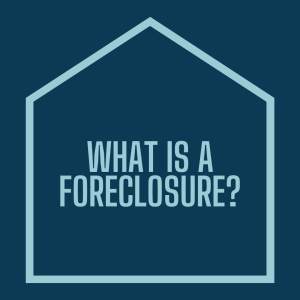
Foreclosure is a legal process through which a lender reclaims a property from a borrower who has defaulted on their mortgage payments. This process is initiated when the borrower fails to meet the terms of the mortgage agreement, leading to the lender taking ownership of the property. The foreclosure process involves several steps, and the specific details may vary depending on local laws and regulations.
The Foreclosure Process
Missed Payments
The foreclosure process typically begins when a borrower misses one or more mortgage payments. Mortgage agreements usually include a grace period during which the borrower can catch up on missed payments.
Notice of Default (NOD)
If the borrower does not bring the mortgage current within the grace period, the lender may issue a Notice of Default (NOD). The NOD formally informs the borrower that they are in default and that the foreclosure process has begun.
Pre-Foreclosure Period
After receiving the NOD, the borrower enters a pre-foreclosure period during which they may have an opportunity to work with the lender to find a solution, such as loan modification or a repayment plan.
Notice of Sale
If the borrower is unable to resolve the default during the pre-foreclosure period, the lender may issue a Notice of Sale. This notice sets a date for a foreclosure auction and is publicly recorded.
Foreclosure Auction
The foreclosure auction is a public sale where the property is sold to the highest bidder. The auction may take place at a physical location, online, or both, depending on local regulations.
Redemption Period (Varies by Jurisdiction)
Some jurisdictions have a redemption period during which the borrower can reclaim the property by paying the full amount owed, including fees and interest. The length of the redemption
period varies by location.
Real Estate Owned (REO) Property
If the property does not sell at auction, it becomes Real Estate Owned (REO), and ownership reverts to the lender. The lender may then sell the property through traditional channels or hold it as an asset.
Eviction (If Necessary)
In cases where the borrower remains in the property after foreclosure, the lender may need to initiate an eviction process to gain possession.
Credit Consequences
Foreclosure has significant consequences for the borrower’s credit history, potentially lowering their credit score and making it challenging to secure future credit or loans. It’s important to note that foreclosure laws and procedures can vary widely, and each jurisdiction may have specific rules governing the process. Additionally, some states require judicial foreclosure, involving court approval, while others follow a non-judicial process. Borrowers facing financial difficulties are encouraged to explore alternatives, such as loan modification or refinancing, to avoid foreclosure. Consulting with legal and financial professionals can provide guidance tailored to individual circumstances.
Thank you for visiting Treasury Funds Home Loans, Inc. We hope you find this article informative. If you have any questions regarding Foreclosures or anything Mortgage Loan related, please contact us.
